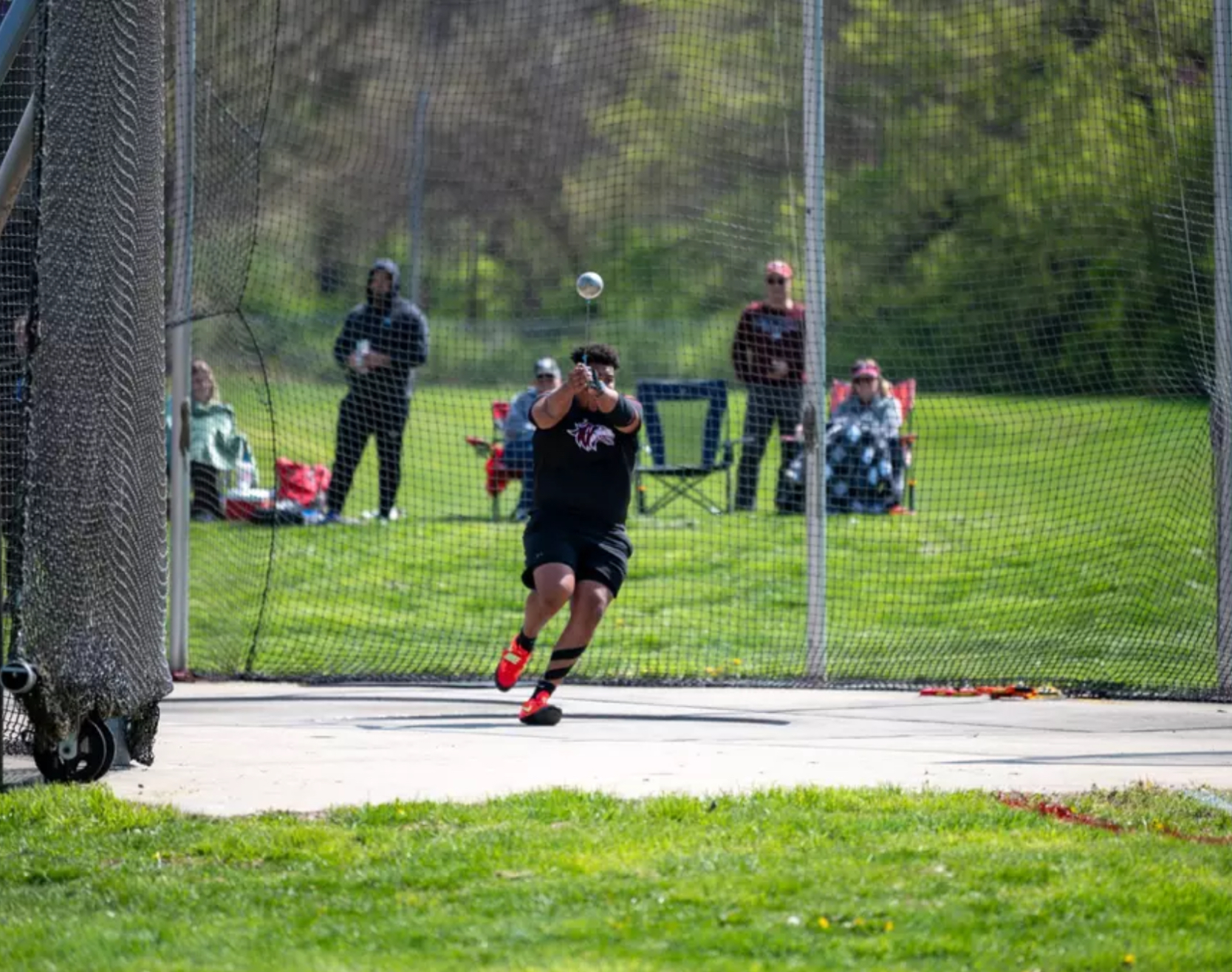by: Dallas Hodge
Some days, an athlete shows up physically, but mentally, they’re checked out. Behind the grind, many student-athletes are quietly dealing with stress, anxiety, and burnout. But it’s not just athletes — every student on campus is trying to manage school, life, and expectations all at once. Mental health is just as important as physical performance or grades. It’s time we treat it that way.
The Mental Game Behind the Game

Student-athletes are under constant pressure to perform, to stay eligible, and to lead. That pressure builds fast, and too many people suffer in silence. The tragic story of former LSU wide receiver Kyren Lacy is a reminder of how serious this can be. After legal trouble and growing stress, he died by suicide earlier this year. His father’s message of remembrance was simple: check in, talk more, and never ignore the signs.
How Student Athletes Cope and Stay Mentally Fit
Having structure in your day helps a lot; knowing when you’re working, eating, and resting keeps you grounded. But even more important is your support system: teammates, coaches, friends, and family who understand when you need space. Mental training is part of the game too; like breathing exercises, journaling, and visualization all help. Therapy and campus resources are becoming more accepted, and they should be. Talking about it doesn’t mean you’re weak — it means you care about your well-being.
Tips for All Students: Building Mental Strength in College
Mental health affects all students, not just athletes. Get your rest and take real breaks to recharge. Keep people close who support you and who you can be real with. Try to build a routine, but stay flexible when life shifts and know when to unplug. Sometimes logging off is the best thing you can do for your peace. Most importantly, give yourself grace — you’re not going to have it all figured out, and that’s okay.
Personal Reflection
I’ll be honest — I wasn’t always someone who believed in mental health. I used to think it was just an excuse people made to get out of things or avoid pressure. As I’ve grown, seen more, and experienced things firsthand — whether through my own journey or watching what my friends/teammates have gone through — I’ve realized how real it is.

One thing I always say is, “At the end of the day, the day gon’ end.” To me, that means life isn’t going to wait for you or your feelings — the world keeps spinning no matter what you’re going through. While I still believe in pushing forward, I’m learning that you don’t have to ignore your emotions to do that. Sometimes, embracing how you feel and using it to grow is what actually makes you stronger.
Mental health matters — on the field, in the classroom, and in everyday life. We can’t keep pretending everything’s fine when it’s not. Kyren Lacy’s story shows how real the struggle can be and why these conversations are needed. Whether you’re competing or just trying to make it through the semester, or take care of your mind. You don’t have to do it alone.

At Southern Illinois University, there are resources ready to support you. Counseling and Psychological Services (CAPS) offers individual and group counseling sessions; you can schedule an appointment by calling (618) 453-5371. For after-hours support, Connect@SIU is available at 1-833-434-1217. The Dawg Lounge is a great space to relax, and the HEROES program helps students dealing with housing or food insecurity. Personally, I’ve found that stopping by the Student Health Center once a week when they bring in dogs to pet has been a simple but effective stress reliever and those few minutes of peace go a long way.
Checking in on yourself and others should be as normal as checking your grades or your stats. The more we speak up, the more we create a culture where mental health is taken seriously. That’s how real change starts.







